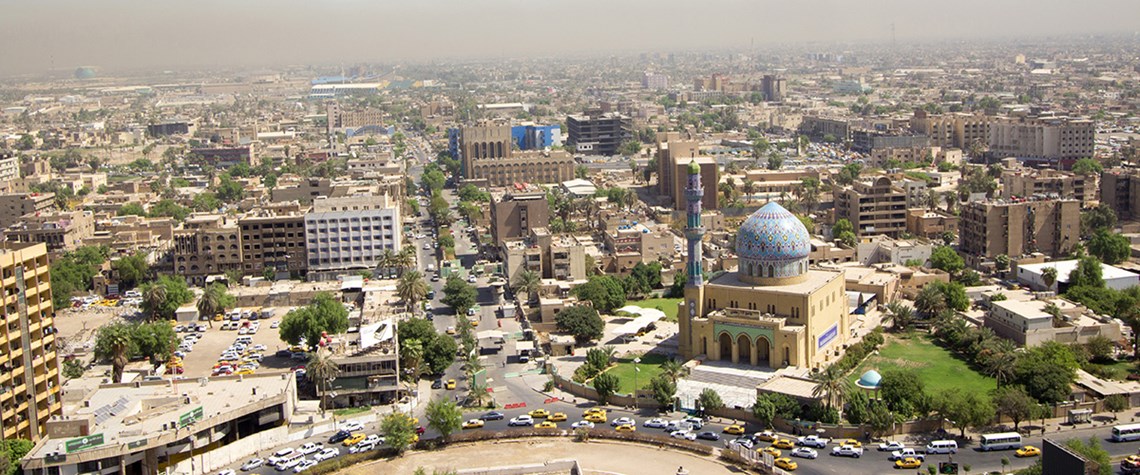Iraq: In for the long haul
The recapture of Kirkuk was swift, but the Baghdad-Erbil crisis is far from over
The core of the dispute between Baghdad and the Kurdish Regional Government (KRG) is sovereignty over disputed territory. But the fate of oil is inextricably bound up in the same dispute. At issue is the ownership of oilfields and export routes. On the one side there's the state-owned North Oil Company (NOC), with its Kirkuk fields now back in government hands; and on the other, companies operating under the KRG umbrella. In a matter of days, the Iraqi oil scene has undergone a huge change. For many months, prior to the latest crisis, close to 0.6m barrels a day of crude oil was flowing from northern fields to the Turkish port of Ceyhan for export, with the KRG pocketing the revenue in respo

Also in this section
7 August 2025
The quick, unified and decisive strategy to return all the barrels from the hefty tranche of cuts from the eight producers involved in voluntary curbs signals a shift and sets the tone for the path ahead
7 August 2025
Without US backing, the EU’s newest sanctions package against Russia—though not painless—is unlikely to have a significant impact on the country’s oil and gas revenues or its broader economy
6 August 2025
Diesel market disruptions have propelled crude prices above $100/bl twice in this century, and now oil teeters on the brink of another crude quality crisis
5 August 2025
After failed attempts to find a buyer for its stake in Russia’s largest oil producer, BP may be able to avoid the harsh treatment meted out to ExxonMobil and Shell when they exited—and could even restart operations if geopolitical conditions improve








